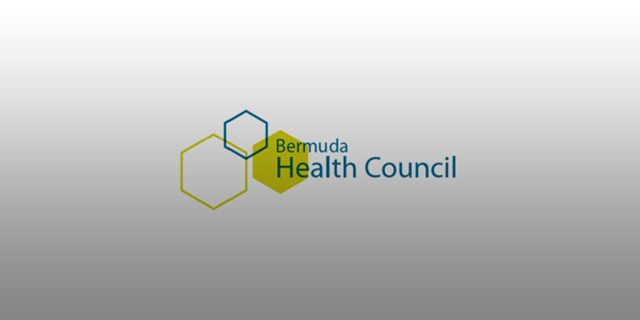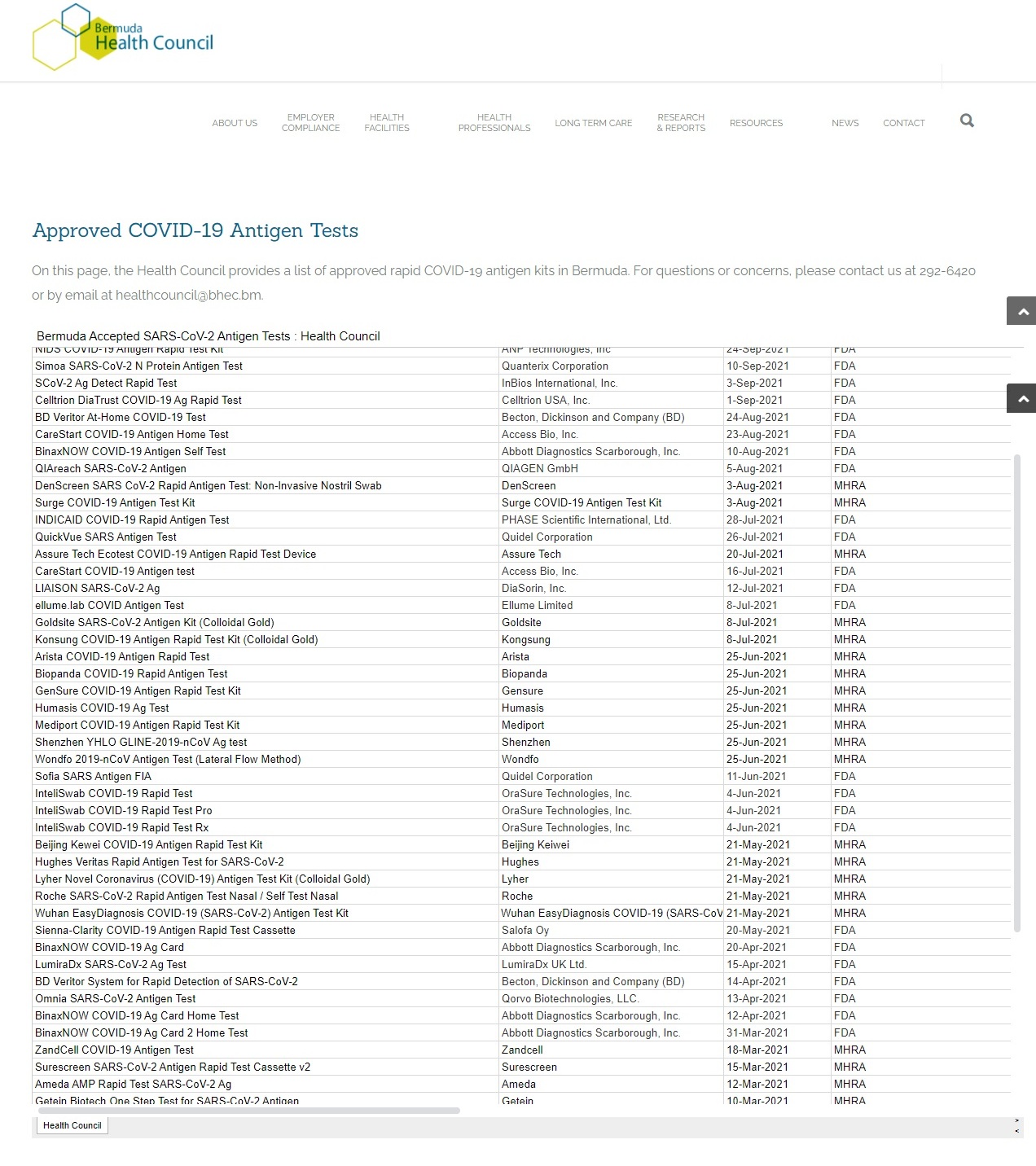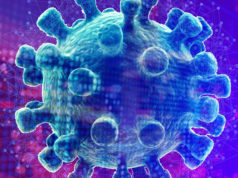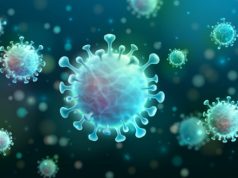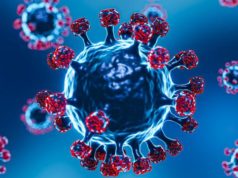The Bermuda Health Council has published a list of approved SARS-CoV-2 rapid antigen tests, with approximately 60 listed.
“This list will be monitored and updated on a weekly basis, as appropriate. Providing transparency is necessary to ensure the uniformed use of quality antigen tests here in Bermuda,” a spokesperson said.
“While antigen testing is an important tool in our fight against this coronavirus, such testing does not replace the PCR test. PCR testing is still the most reliable method for identifying the presence of a SARS-CoV-2 infection.”
Dr. Ricky Brathwaite, Health Council Chief Executive Officer, stated: “At latest count there are more than 665 different versions of commercially available SARS-CoV-2 tests on the global market. While the volume of tests being sold continue to grow, so do concerns about fake tests and low quality products. Recently, antigen testing was permitted for personal use on island.
“While we continue to evolve in our testing strategy as products continue to be developed, what we cannot compromise on is maintaining a high level of test quality. The standards of testing cannot be compromised, nor can decisions on products be based on profitability. We are still in the middle of a pandemic, and everything we do must be about saving lives.”
Screenshot from the website page showing the list:
A spokesperson said, “Rapid antigen tests are considerably quicker and easier to use. However they are not diagnostic tools, rather these test are ideal for screening. They are perfectly suited to catch asymptomatic COVID-19 before it potentially spreads to others in the workplace, school, home or other high risk settings. Confirmation of a positive diagnosis of SARS-CoV-2 infection with a rapid antigen test must still be done through a follow-up PCR test.
“Concerning the use of rapid antigen test, the Health Council shares its advantages and disadvantages:
- Advantages: Rapid antigen test kits are simple to use, and can provide quick results [10-20 minutes]. Specimen collection is more comfortable, less invasive, and more convenient.
- Disadvantages: Although antigen tests provide quick results, they are not as accurate as laboratory tests because they require more of the virus in your sample to report a positive result. Rapid tests come with a relatively high risk of giving a false negative result. Rapid antigen test kit costs can also vary significantly. Variations in costs can create health disparities with only those with more means being able to consistently afford access to these screening tests and the alleviation of anxiety that they can potentially provide.
“The Health Council notes that a price of $5 – 10 per test is fair. Landed costs for these tests typically range from $2.50 – $7.00 per test and no duty is charged. It is important that consumers verify that tests used are approved and that they shop around for the most cost effective products.
“Currently, the cost of these tests are largely out of pocket as they may not qualify for insurance coverage. Some countries are providing these tests to their residents for free. In Bermuda, free testing is still available through PCR and free antigen testing may soon be available for outbound travellers.
“When you’re looking to purchase these tests, do your homework. A more expensive test does not make it better. Be clear as to what you intend to use the test for – have a plan. If testing for travel, make sure you check the destinations requirements well ahead of time.
“If testing for regular screening, try to get test kits in bulk at a discount with your friends and family — or use government free sites. The practice of frequent purchasing of tests can become quite expensive and lead to unfortunate trade-offs being made in respect of other items that are equally important for staying healthy,” said Dr. Brathwaite.
“If you test positive on a rapid antigen test, you should immediately self-isolate and get your close contacts to do so as well. An individual who tests positive should contact the COVID hotline for PCR test options to confirm the result.
“Even if you test negative, you must continue to follow all public health measures, and consider testing periodically to confirm your negative status. If you are in a high risk situation such as a close proximity outbreak, scientific bodies suggest serial testing, where you test 2-3 times a week to get the type of validity of result as you would with a PCR test.”
Mr. David Rogers, Project Manager, Health Technology and Innovation, stated: “This is by no means a magic bullet, however it is nice to add antigen testing to our toolkit that includes managing our chronic conditions, continuing healthy behaviours, getting vaccinated, and following general public health measures, like wearing a mask and social distancing.
“Having a negative test result with any of the tests available is not license to disregard common sense ways to protect yourself and those around you. These rapid antigen test options can help to establish coronavirus screening as a norm. However, for your safety, please be sure to only purchase test kits that can be found on the Health Council’s approved antigen test list.”
“For more information on the rapid antigen tests available in Bermuda, contact your health service provider and other noted vendors. Also visit the manufacture’s website to learn more. To access the list of approved antigen tests, visit our website here.”


